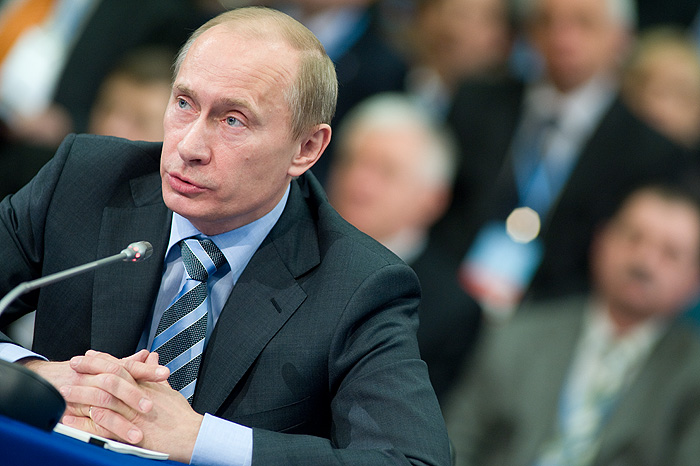- About
- Topics
- Picks
- Audio
- Story
- In-Depth
- Opinion
- News
- Donate
- Signup for our newsletterOur Editors' Best Picks.Send
Read, Debate: Engage.
| topic: | Food Security |
|---|---|
| located: | Serbia, Bosnia and Herzegovina, Croatia, Macedonia, The former Yugoslav Republic of |
| editor: | Katarina Panić |
There is a saying: “a burnt child dreads the fire.” People in former Yugoslavia - which broke up in the bloody war of the early 90s - often evoke their bad memories from those days. In short, they are mostly about the shortages of three key things that they lacked during in wartime: food, money and medicine.
It did not take long after Russia’s invasion of Ukraine last week before the shelves of flour were empty in shops all over Bosnia and Herzegovina. A similar event occurred two years ago when the coronavirus pandemic started. Just as it did then, the government had to intervene by capping the price of necessary products and also had to intensify its scrutiny of vendors that increased the prices of flour, oil, sugar and salt.
Ljubica, an 83-year-old woman, remembers the recent wars of Yugoslavia, as well as World War II. She says that she is not afraid of war, but she is afraid of hunger.
“You cannot influence weapons or armies, but you may prepare against starvation," she told FairPlanet. "No electricity - fine. No gas - also fine. You will light the fire outdoors to bake the bread. That is why you need nothing but the flour.”
Secondly, if you are a refugee fleeing the war, the most convenient thing to bring with you is money. That is why people want to withdraw their money from banks, and they patiently stay in the queues for hours. The panic started when Sberbank, a Russian bank, decided to stop all operations for two days, buckling under internal and external pressures. The panic spread fast among clients, while the management entreated them to "just to imagine it is a weekend” - that in three days everything would be just like before. However, in less than 48 hours, different banks bought Sberbank’s subsidiaries in the Balkans, while the largest Russian lender faced cash outflows and threats to its staff and property.
Thirdly, pharmacies recorded an increased demand for iodine pills, due to an increased fear of nuclear attacks and radiation poisoning. Experts have warned people not to use them unless advised by a doctor. Finally, people have kept their car tanks filled and double-checked their passports' expiry date, just in case they need to flee.
Although the precautions have taken place in real life, virtual reality faces an absence of common sense. Social networks are teeming with divisions among Russophiles and Russophobes. They do not hesitate to lead their small online battles warmed up by the media, staggering between ‘special military operations’ and ‘aggression on Ukraine.’
Photo by Jonathan Pielmayer

